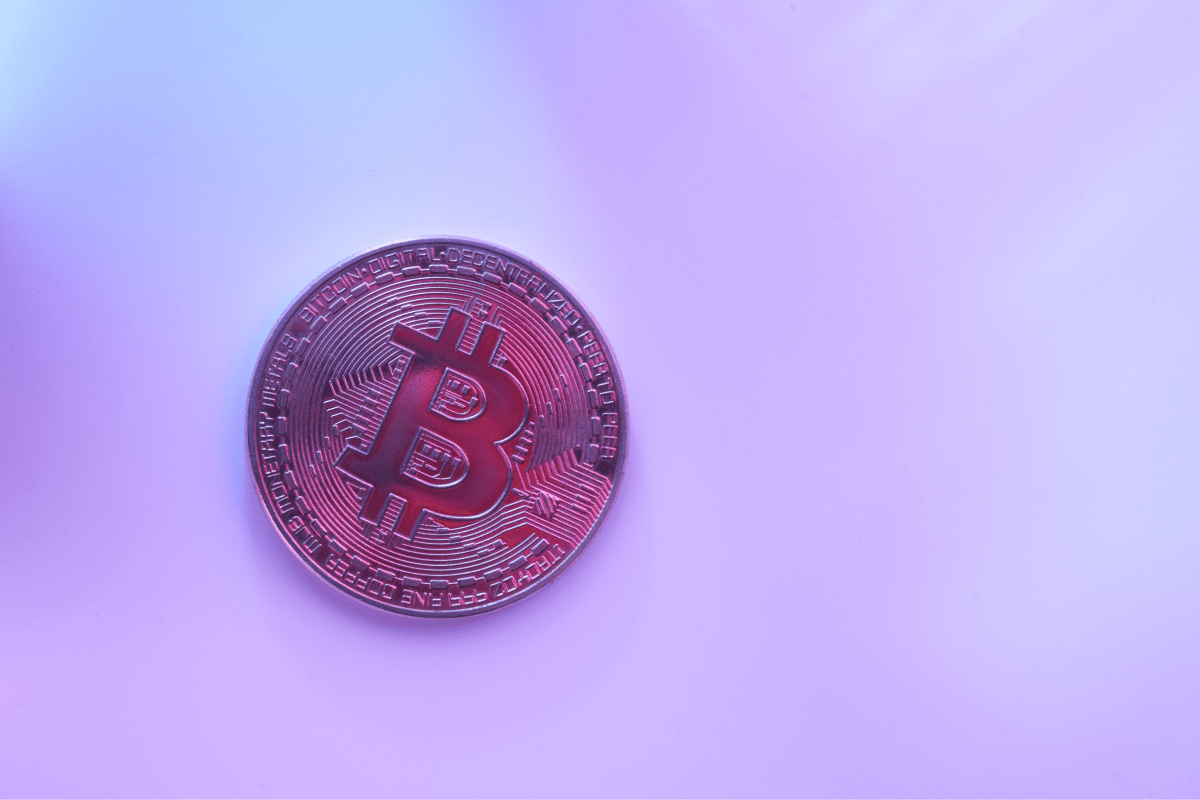Inflation is a global economic phenomenon that diminishes the purchasing power of money over time. As governments continue to print more money, especially in times of economic crisis, the value of fiat currencies tends to decline. But where does cryptocurrency fit into this equation? Is it a hedge against inflation, or is it susceptible to the same forces that impact traditional money? Here’s everything you need to know.
What is Inflation?
Inflation occurs when there’s an increase in the general price level of goods and services in an economy over a period of time. This results in a decrease in the purchasing power of money, meaning you’ll need more money to buy the same things you could have purchased for less in the past.
Traditional Methods of Hedging Against Inflation
Traditionally, people have used assets like gold, real estate, and stocks to protect their wealth from inflation. These assets have intrinsic value and are less susceptible to the depreciating power of inflation compared to fiat currencies like the Dollar or Euro.
Cryptocurrency as a New Asset Class
Cryptocurrencies like Bitcoin and Ethereum have emerged as a new asset class with potential inflation-hedging capabilities. They are not controlled by any central entity, and their supply is often fixed, making them less susceptible to devaluation through excessive supply.
Volatility and Risk Factors
While cryptocurrencies offer a decentralized and fixed-supply alternative to traditional fiat, they are not without risks. High volatility, regulatory scrutiny, and technological vulnerabilities can all impact the value of cryptocurrencies, sometimes making them a less stable option for hedging against inflation.
Real-world Adoption and Utility
The extent to which cryptocurrencies can act as a hedge against inflation also depends on their real-world adoption. The more they are used for real-world applications—like DeFi, NFTs, or even as a payment method—the more likely they are to gain intrinsic value, similar to traditional assets.
Regulatory Environment and Future Outlook
Government regulations can have a significant impact on the role of cryptocurrencies in hedging against inflation. Regulatory clarity could provide a strong foundation for crypto assets, while stringent regulations could limit their potential.
Cryptocurrency’s role in hedging against inflation is still a subject of much debate and research. However, its unique properties, such as decentralization and limited supply, make it a compelling alternative to traditional assets for those looking to protect their wealth from the erosive impact of inflation. As the crypto ecosystem continues to mature, its role in combating inflation will likely become clearer.


